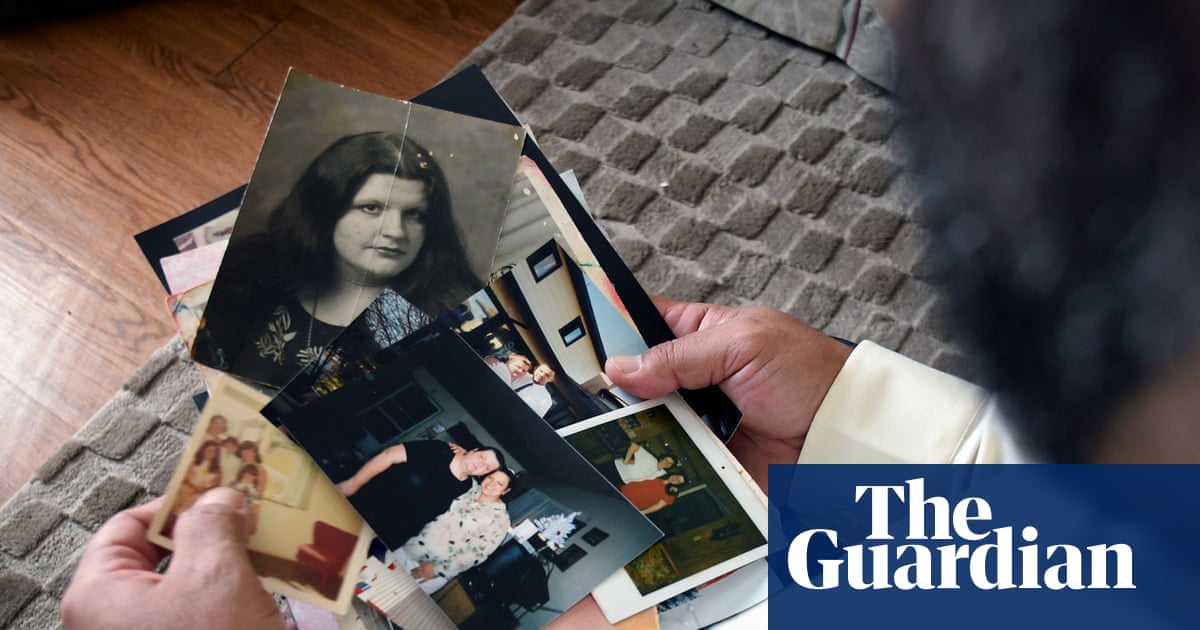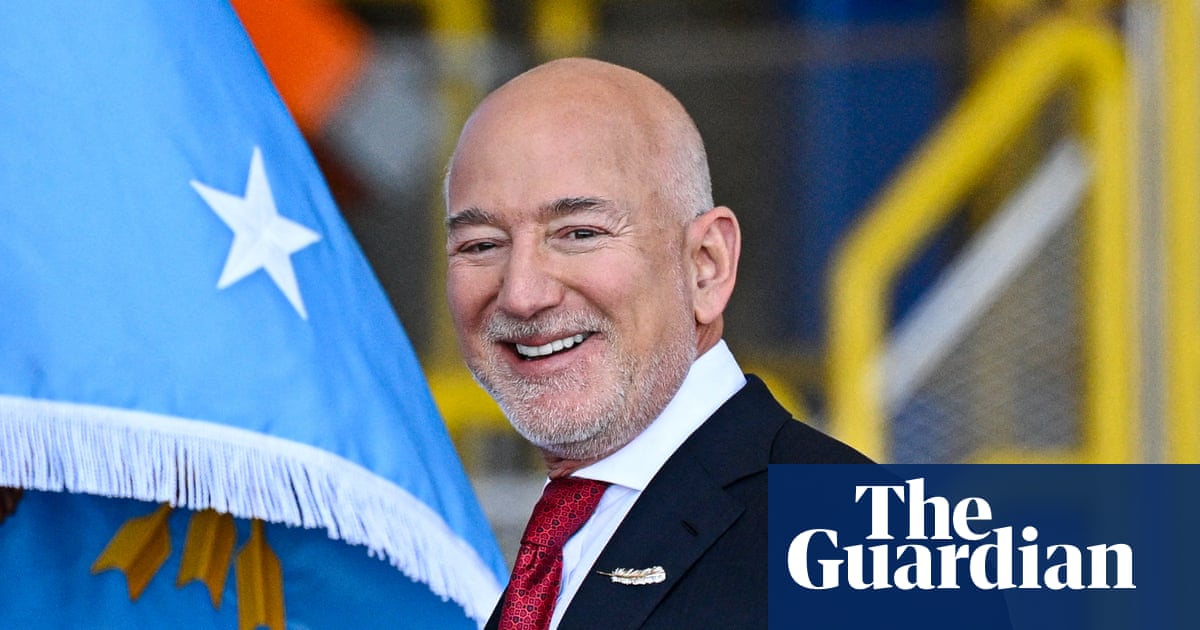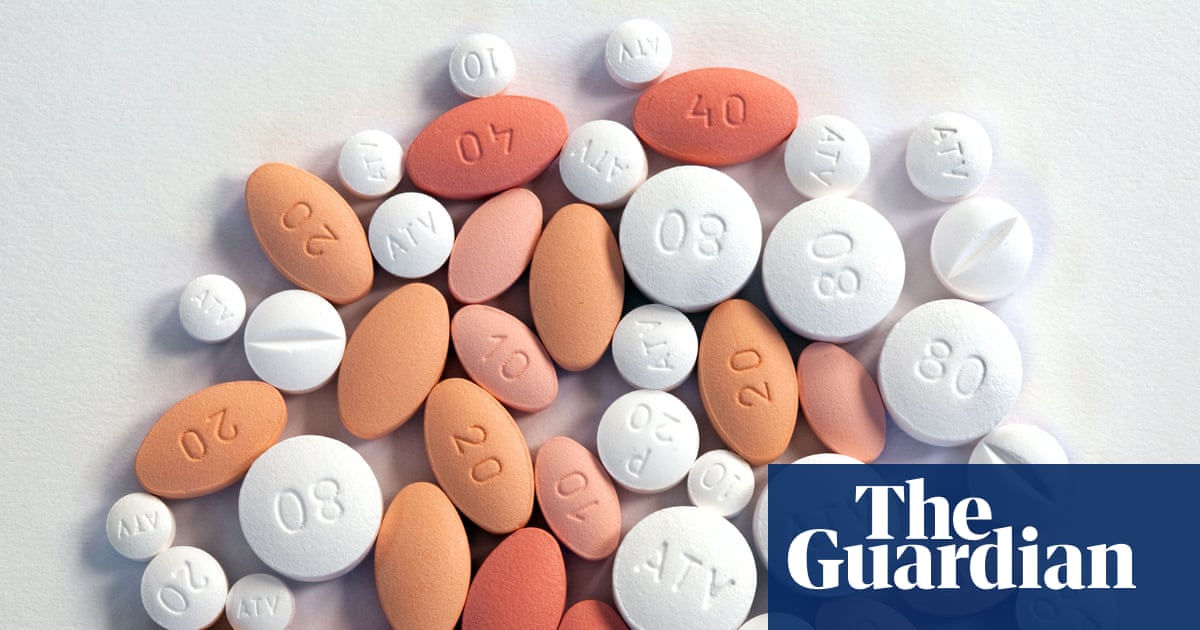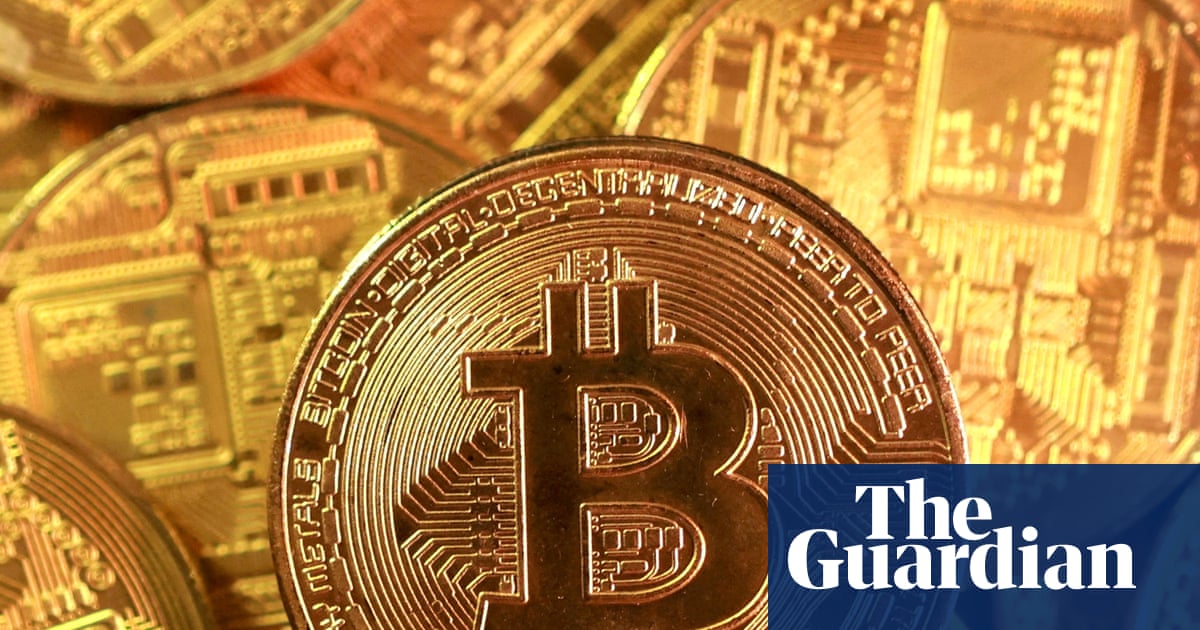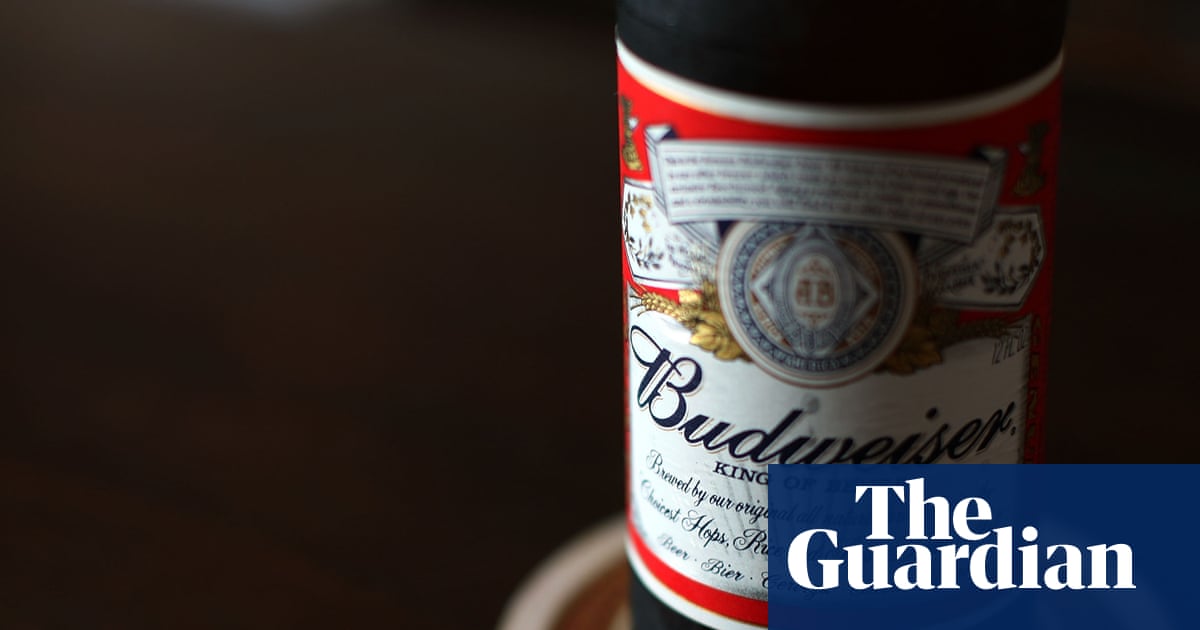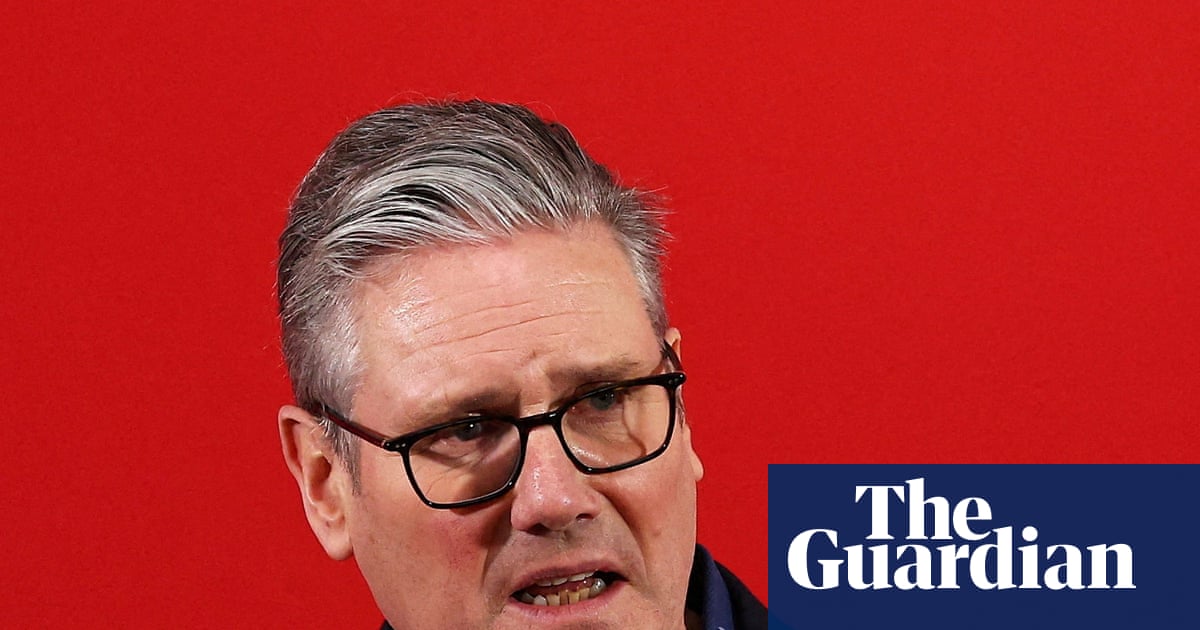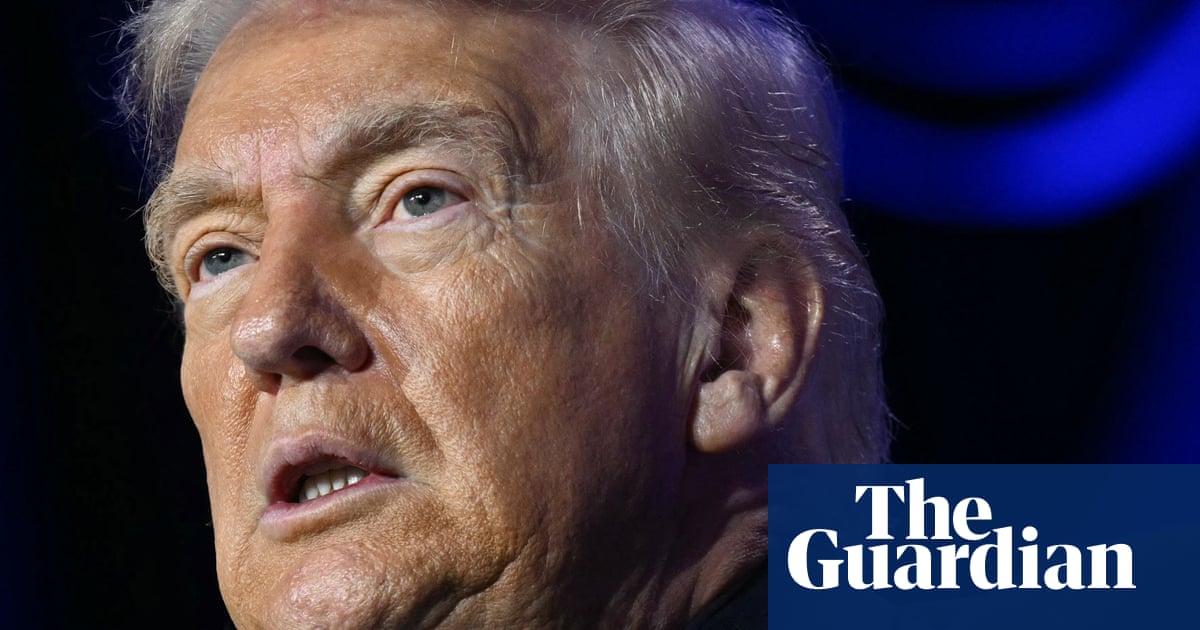Antidepressants are all the rage now, so much so that influencers are promoting them on TikTok, where mostly millennial and gen Z women have built micro-communities around hashtags like #lexaprotok, #zoloftgang and #livelaughlexapro.
According to data analyzed by the Wall Street Journal, content related to antidepressants has recently exploded. The hashtag #antidepressants has surpassed 1.3bn views, according to the data, and searches for #lexapro have more than tripled since 2022. The data also showed that user shares per video tagged #ssri nearly quadrupled from 2022 to 2025.
As a Black woman who has been taking antidepressants for years, I’m glad that we’re continuing to demystify and destigmatize mental illness. But it’s a slippery slope from that to the memeification of very serious disorders, and drug companies are not doing enough to find a healthy, responsible middle ground.
While it’s still taboo to speak about mental illness in many communities, and being medicated for it continues to be stigmatized, the discourse in the west has definitely shifted. But on their journey from awkward topic to wellness trend, antidepressants are having to pass through the social media meat grinder and the result is that we’ve swung too far in the other direction, launching young women in particular into very dangerous territory where their health is concerned. Non-medical professionals touting the benefits of medications that their followers can easily get? What could go wrong?
Well, lots of things, many of them rooted in the ethical gray area that “patient influencers” inhabit. These influencers have been around for a few years, promoting drugs to trusting followers; sometimes they have close links to drugmakers, a 2023 study found. Patient influencers of all kinds offer medical advice to their followers – that’s bad enough – and a researcher behind the 2023 study says some have done so without revealing their ties to the very drug companies they’re promoting.
According to the Wall Street Journal’s analysis, influencers touting antidepressants for pay generally use hashtags such as #ad to disclose their relationships to companies they highlight. But patient influencers may gloss over side effects – which is particularly concerning when telehealth is making antidepressants easier to acquire than ever. (A telehealth company that pays influencers to advertise on TikTok told the Journal it was “proud that these efforts have helped people connect with qualified clinicians and get the care they need”.)
This marketing trend isn’t surprising: the American healthcare system is carnivorously profit-driven, after all. The US remains one of two countries in the world that allows pharmaceutical companies to make direct-to-consumer advertising for prescription drugs, and big pharma is pumping billions of dollars into those ads every year. Combine that with the reality that anxiety and depression rates have climbed among young people in recent years, and the monthly rate of antidepressants dispensed to young people rose 66% from January 2016 to December 2022, according to a study published in the journal Pediatrics, and it’s the perfect storm.
Antidepressant use can be messy, stressful, confusing and seemingly interminable (don’t even get me started on my experience with withdrawal symptoms). It is not the kind of experience that vulnerable young people should be socially coerced into, especially via the machinations of capitalist vultures. Young people need way more than a two-minute TikTok to figure out what they should do to get better. And while it is crucial for mental health services to be far more accessible, handling the treatment process like a QVC ad is undeniably irresponsible.
-
Tayo Bero is a Guardian US columnist

 2 months ago
77
2 months ago
77


